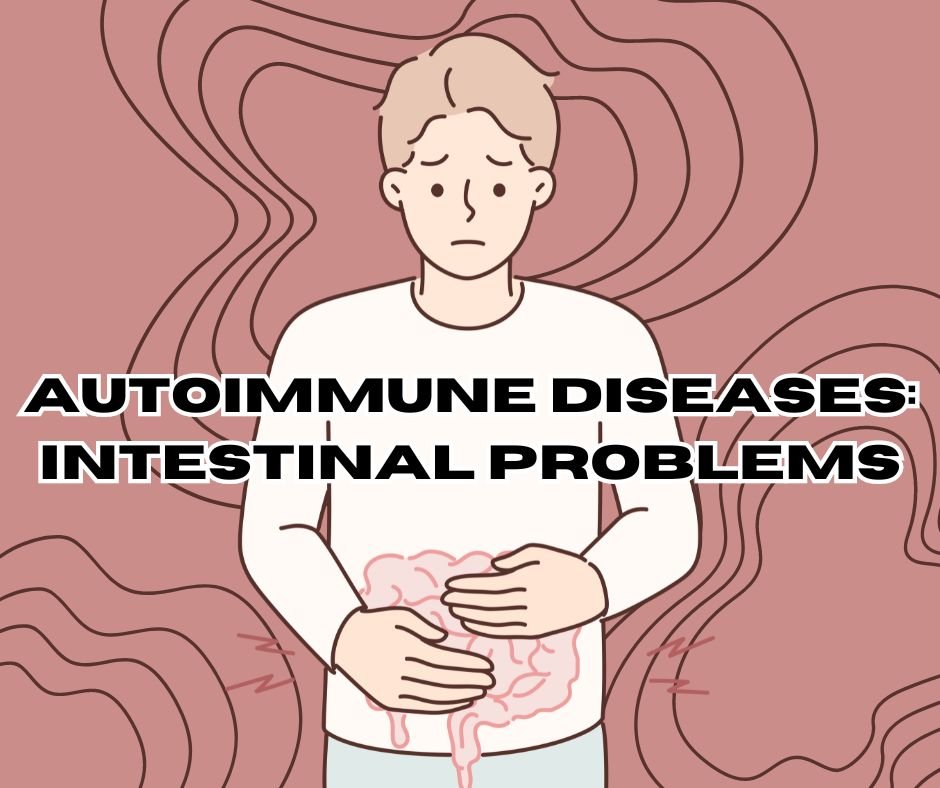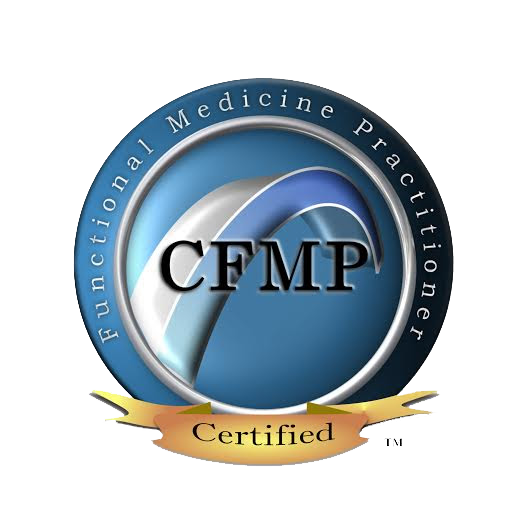
Introducing the third installment in our video series on autoimmune diseases. Today we delve into a crucial aspect often overlooked—how problems in our intestines can trigger autoimmune disorders. This video aims to shed light on the intricate relationship between gut health and autoimmune diseases. Expanding on the themes explored in the preceding videos, which are: toxins can trigger autoimmune diseases & the effects infections have on autoimmune diseases.
Watch on YouTube:
Furthermore, in exploring the link between infections and gut health, it becomes evident that many infections triggering autoimmune diseases find a breeding ground in the gut. This video narrows its focus to the repercussions on the body when the gut sustains damage, with infections standing out as a notable factor in gut damage.
Beyond infections, dietary choices also play a significant role in damaging the gut. Have you heard of the SAD diet? It stands for “The Standard American Diet”. According to a 2010 report from the National Cancer Institute, a staggering percentage of Americans fall short of recommended daily intakes for fruits, vegetables, greens or beans, orange vegetables, and whole grains. Read more below!
A 2010 report from the National Cancer Institute on the status of the American diet found that three out of four Americans don’t eat a single piece of fruit in a given day, and nearly nine out of ten don’t reach the minimum recommended daily intake of vegetables. On a weekly basis, 96 percent of Americans don’t reach the minimum for greens or beans (three servings a week for adults), 98 percent don’t reach the minimum for orange vegetables (two servings a week), and 99 percent don’t reach the minimum for whole grains (about three to four ounces a day). “In conclusion,” the researchers wrote, “nearly the entire U.S. population consumes a diet that is not on par with recommendations. These findings add another piece to the rather disturbing picture that is emerging of a nation’s diet in crisis.”
https://nutritionfacts.org/topics/standard-american-diet/
Additionally, the detrimental impact of the SAD diet extends beyond mere intestinal damage, as the body, deprived of essential nutrients, becomes a breeding ground for toxins. And toxins can trigger autoimmune disease!
A third major contributor to intestinal damage is food sensitivities. These arise when the immune system mistakenly identifies a food substance as a pathogen, initiating an inflammatory response and diverting the immune system’s attention from real infections. Moreover, food sensitivities deplete essential nutrients required by the immune system, exacerbating the risk of autoimmune diseases. Fortunately, testing is available to identify specific food sensitivities, offering a pathway towards informed dietary choices.
When the gut is damaged it “leaks” and contents from the gut enter the bloodstream. This has a couple of names, “Leaky Gut Syndrome” or Intestinal Hyper-permeability. When the immune system in the blood comes across things from the gut it attacks them. This immune response is at the heart of many autoimmune diseases.
If you or a loved one has an autoimmune disease, let me ask you this: has anyone looked to see if the gut is working properly? If not I can help!




